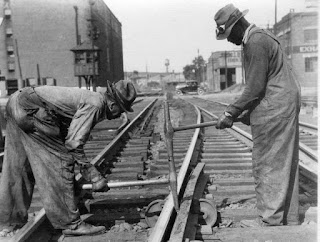On June 19, 1865 Union soldiers, led by Major General Gordon Granger, landed at Galveston, Texas with news that the war had ended and that the enslaved were now free. Note that this was two and a half years after President Lincoln’s Emancipation Proclamation - which had become official January 1, 1863. The Emancipation Proclamation had little impact on the Texans due to the minimal number of Union troops to enforce the new Executive Order. But the surrender of General Lee in April of 1865, and the arrival of General Granger’s regiment, the forces were finally strong enough to influence and overcome the resistance. In 1980 Juneteenth became an official state holiday in Texas through the efforts of Al Edwards, an African American state legislator. The successful passage of this bill marked Juneteenth as the first emancipation celebration granted official state recognition. Juneteenth is the oldest known celebration commemorating the ending of slavery in the United States.
Over the years Juneteenth has been celebrated with a wide range of activities such as rodeos, fishing, barbecuing, family reunions, special church services, and baseball games just to name a few. Juneteenth also focuses on education and self-improvement. Guest speakers are brought to celebrations and the elders are called upon to recount the events of the past. Prayer services were also a major part of these celebrations. Juneteenth today, celebrates African American freedom and achievement, while encouraging continuous self-development and respect for all cultures.
When I think of Juneteenth, I always wonder where were my ancestors when they heard the news? How did they hear the news? Were they overjoyed or confused? Did they plan on staying where they were or did they plan on leaving to find family lost during slavery or make a new life for themselves? Juneteenth is celebrated all over the country throughout the month of June. I usually spend June 19 researching my family history and reflecting on my ancestor's stories. My community has a Juneteenth celebration on the fourth Saturday of every June that I attend.
How do you celebrate Juneteenth? Let us know about your community Juneteenth celebrations. We would love for you to share your Juneteenth pictures and stories with us.
Written by
AAHGS Member and Blogger
Trisha Mays-Cummings









